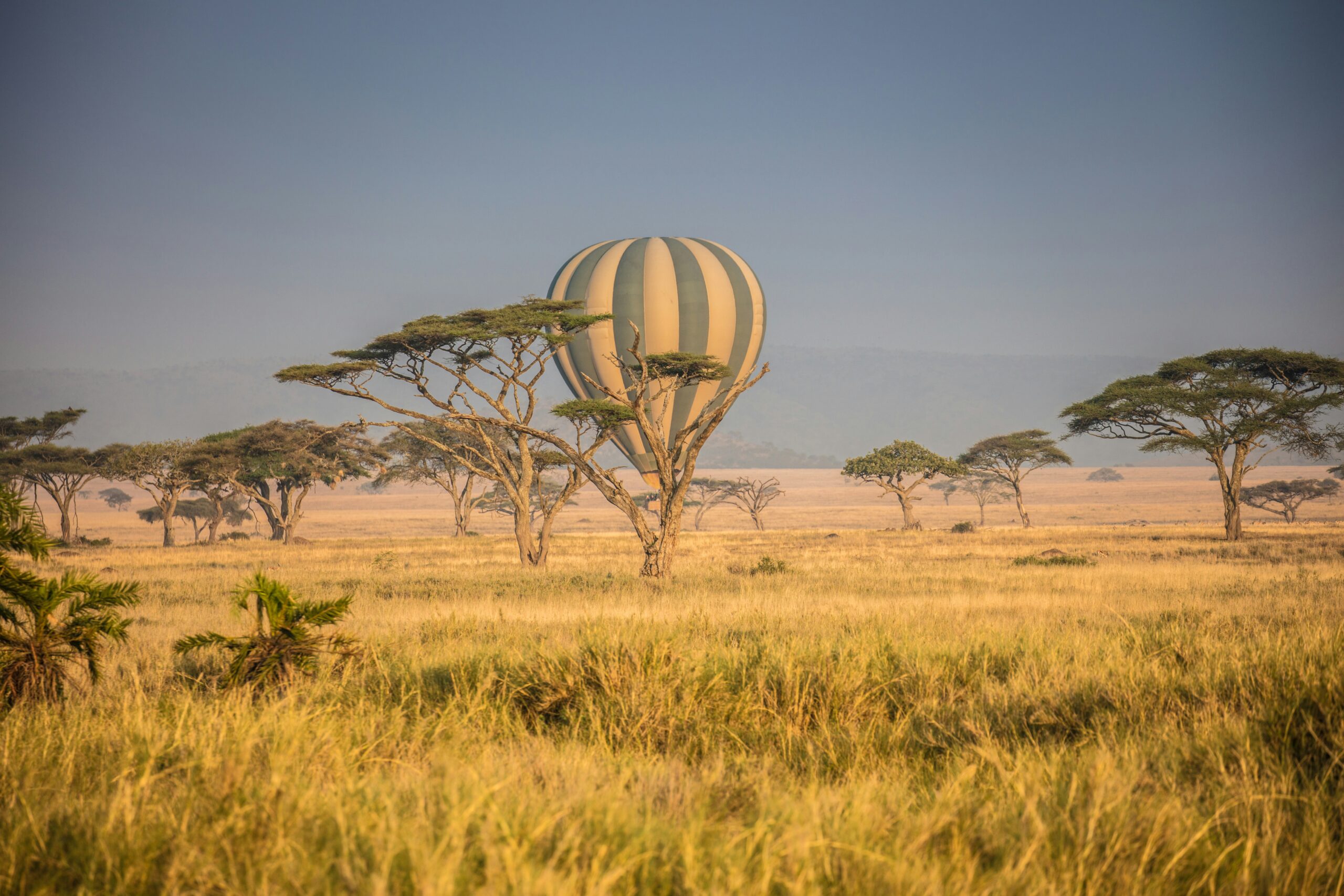Contact Us
Let’s Plan Your Journey
Have questions? Ready to book? Or just dreaming of your safari?
Our team at Dayshamo Africa Safari is ready to help you every step of the way.
Email Us
FAQ Hub
The optimal time for wildlife viewing in Tanzania is during the dry season, from June to October, when animals congregate around water sources and vegetation is sparse, making wildlife easier to spot. For those interested in witnessing the wildebeest calving season, January to February is ideal, particularly in the Southern Serengeti. dkgrandsafaris.com+1daylightadventures.com+1SafariBookings.com
Pack light, breathable clothing in neutral colors (khaki, beige, olive) to blend with the environment. Essential items include:
Comfortable walking shoes
Wide-brimmed hat and sunglasses
Sunscreen and insect repellent
Binoculars and camera
Lightweight rain jacket (especially if traveling during the wet season)
Avoid bright colors and camouflage patterns. New African Safaris+2dkgrandsafaris.com+2www.travelbutlers.com+2
Yes, safaris are generally safe, especially when conducted by reputable operators like Dayshamo Africa Safari. Guides are trained professionals who prioritize guest safety. Always follow your guide’s instructions and avoid approaching wildlife too closely.
Yellow Fever: Required if arriving from a country with risk of yellow fever transmission.
Malaria: Prophylaxis is recommended; consult your healthcare provider.
Other vaccinations may include typhoid, hepatitis A and B, and tetanus.
Always consult with a travel health specialist before your trip. dkgrandsafaris.com
Absolutely! Many lodges and camps welcome children and offer family-friendly activities. However, some accommodations may have age restrictions for safety reasons. It’s best to discuss your family’s needs with us to tailor the experience accordingly.

